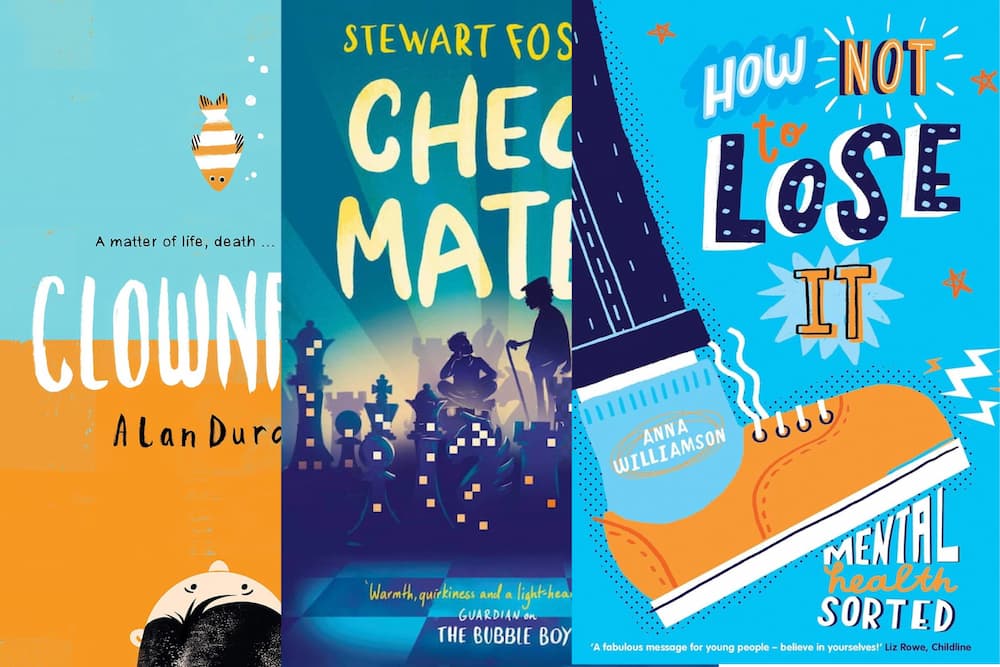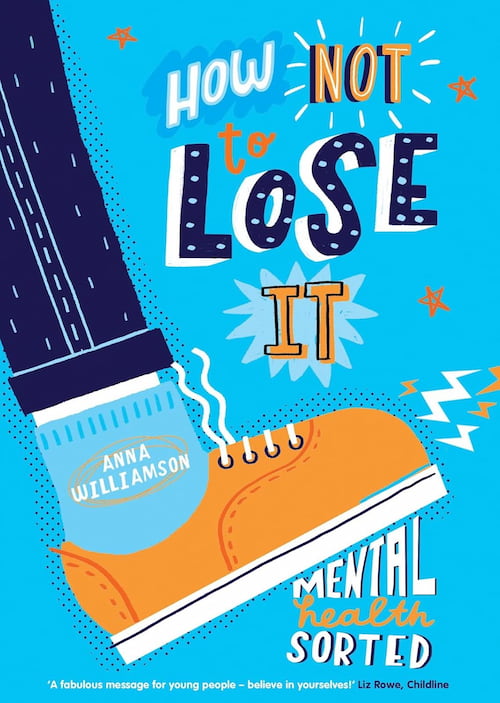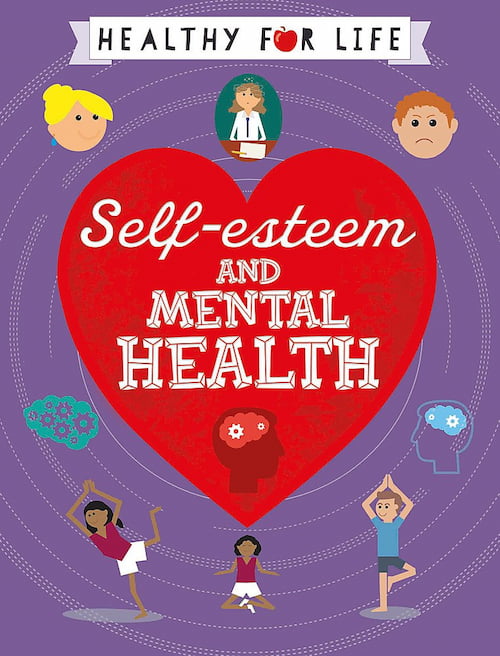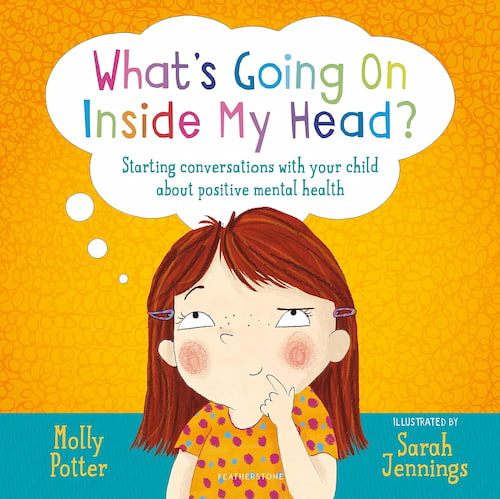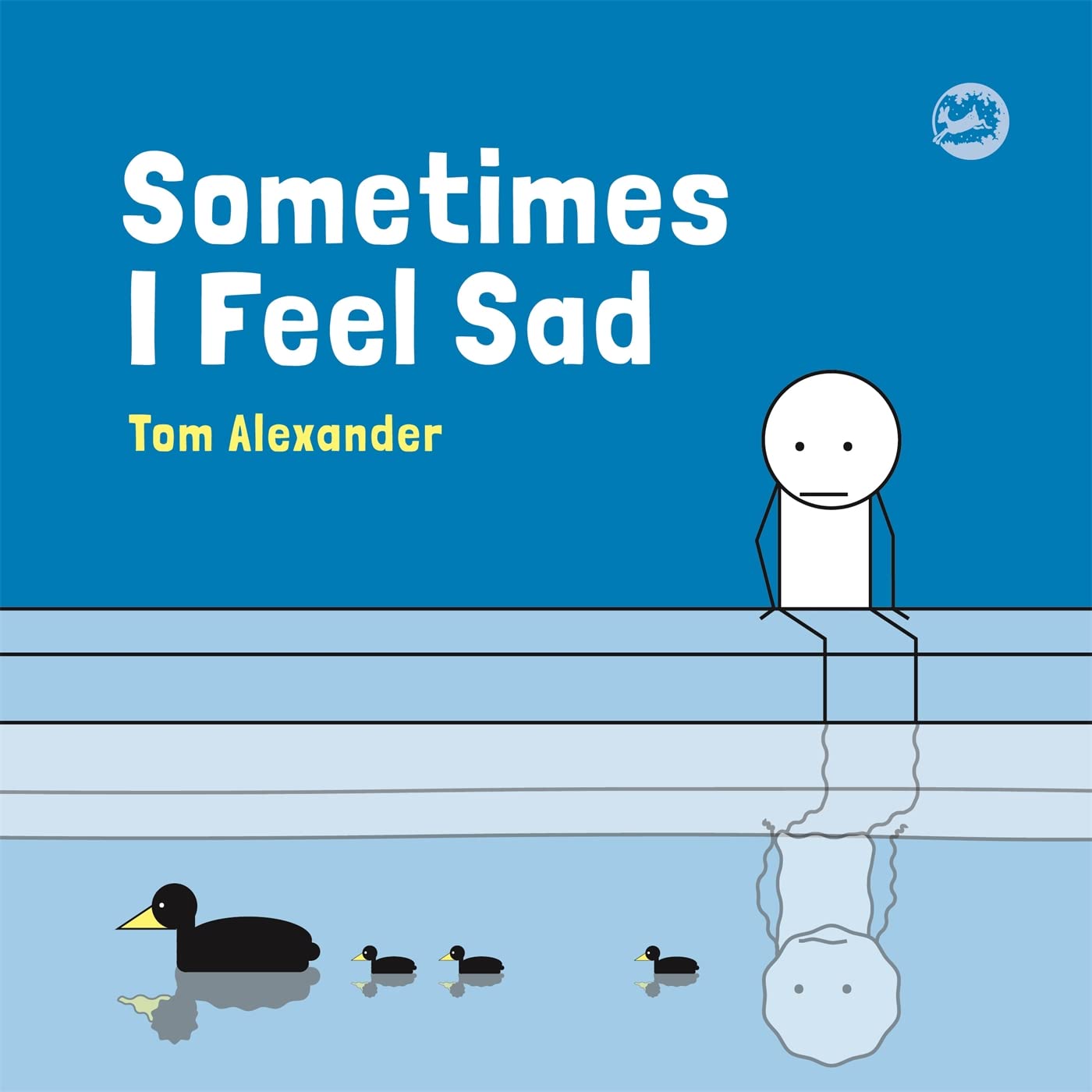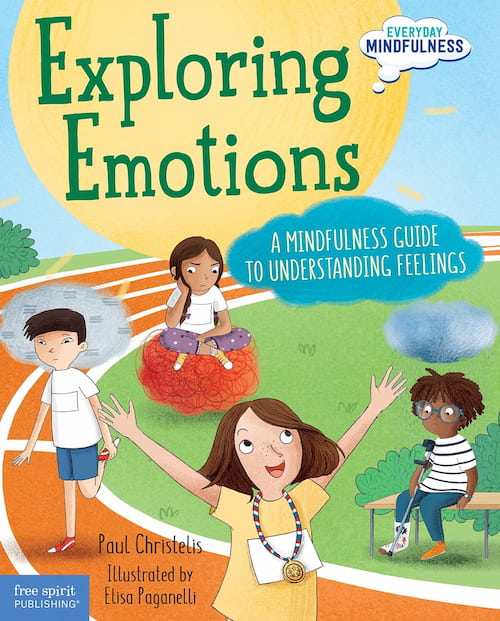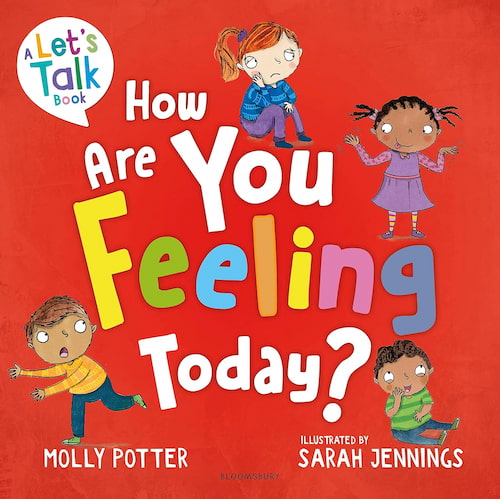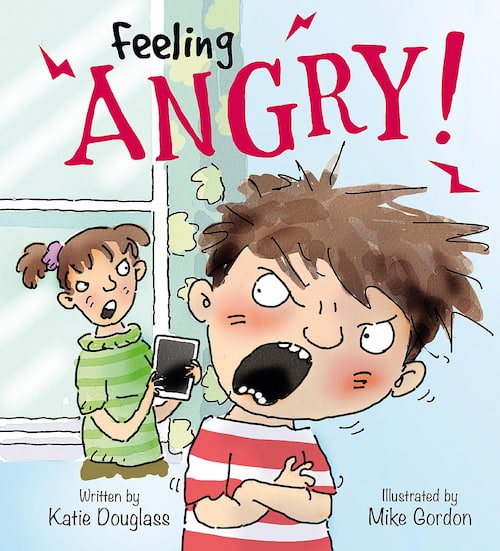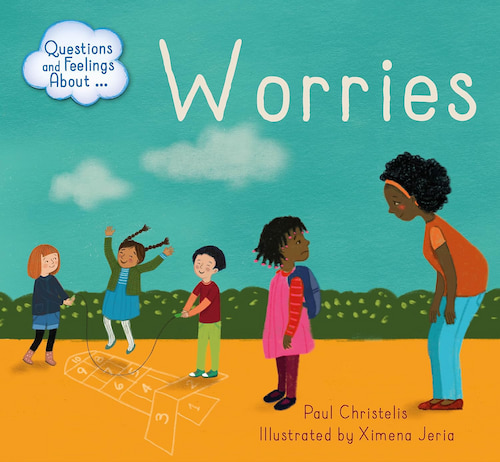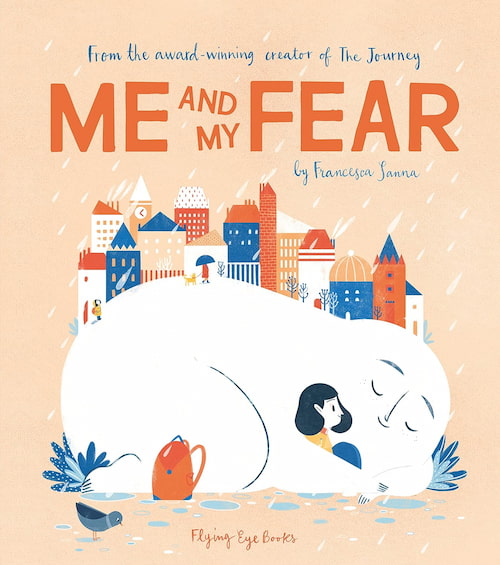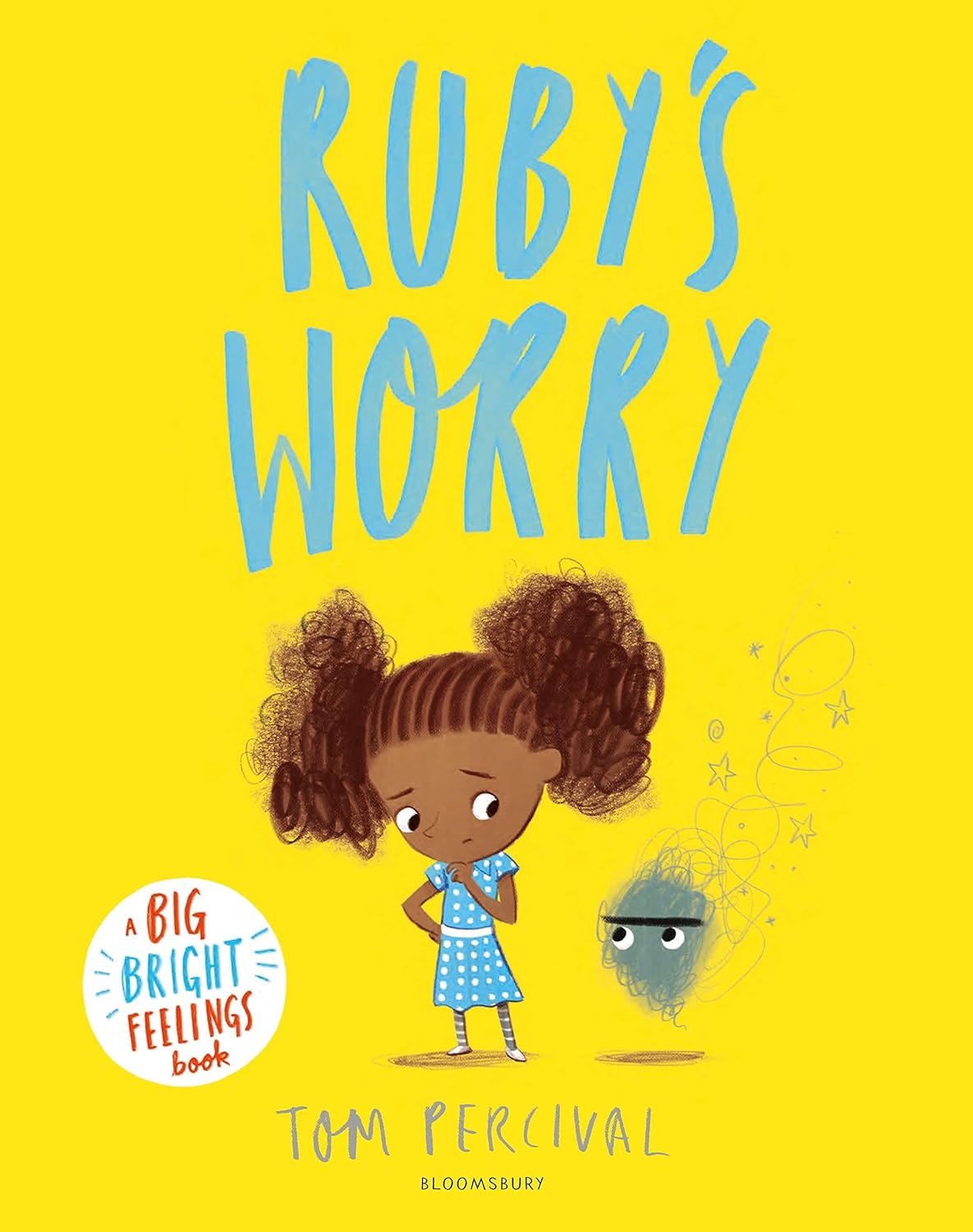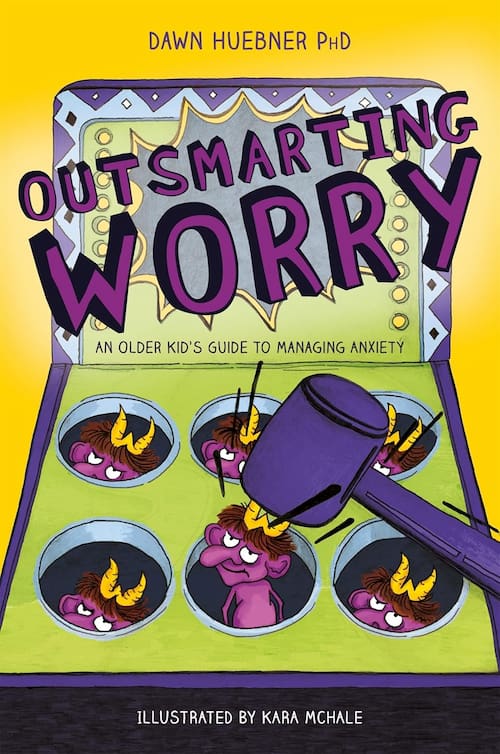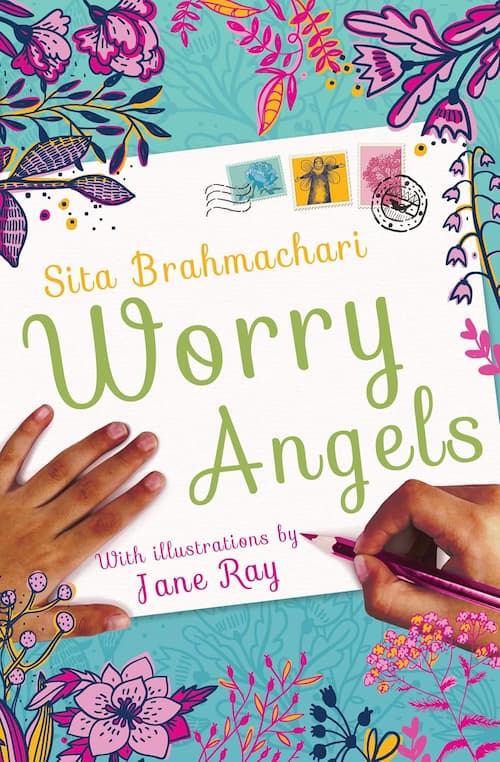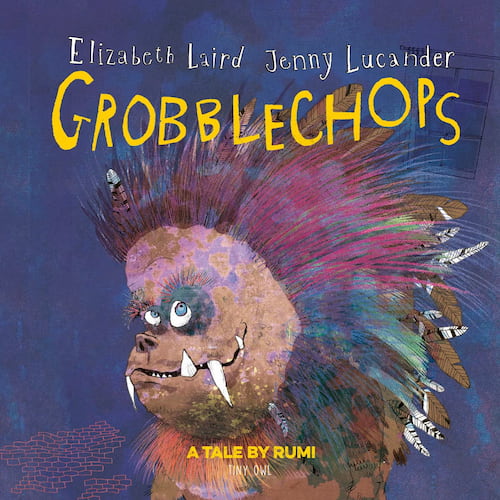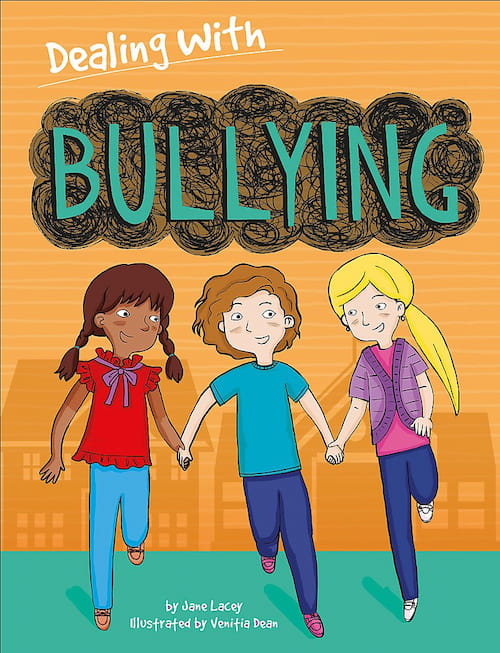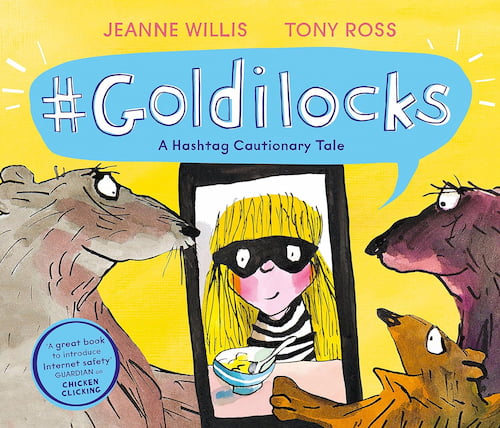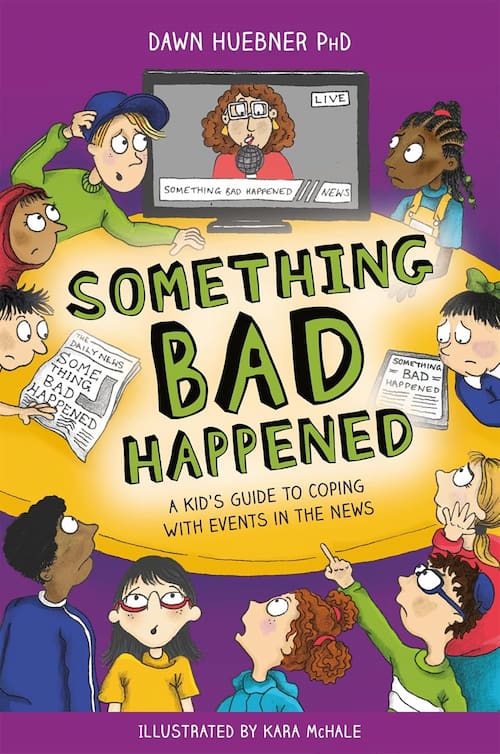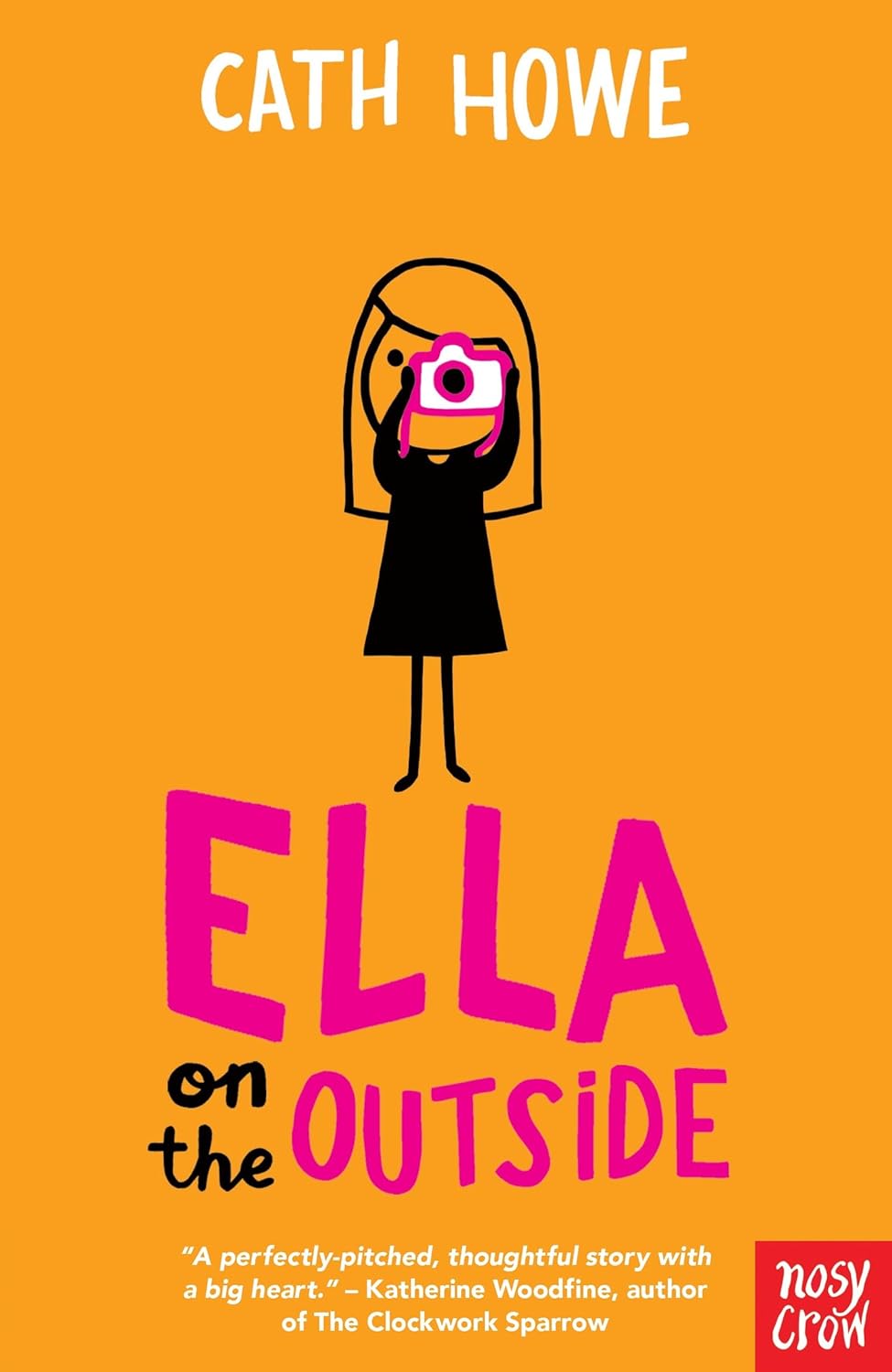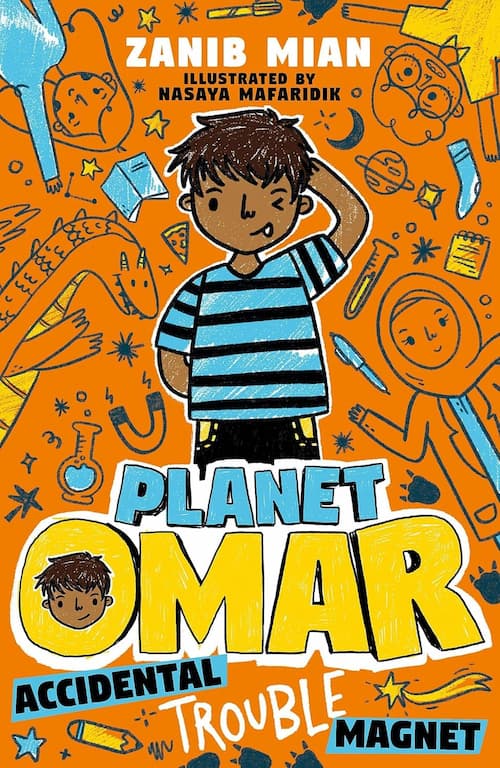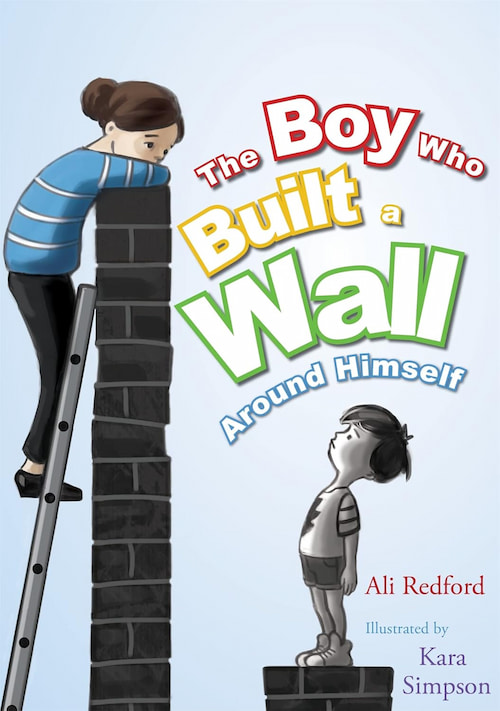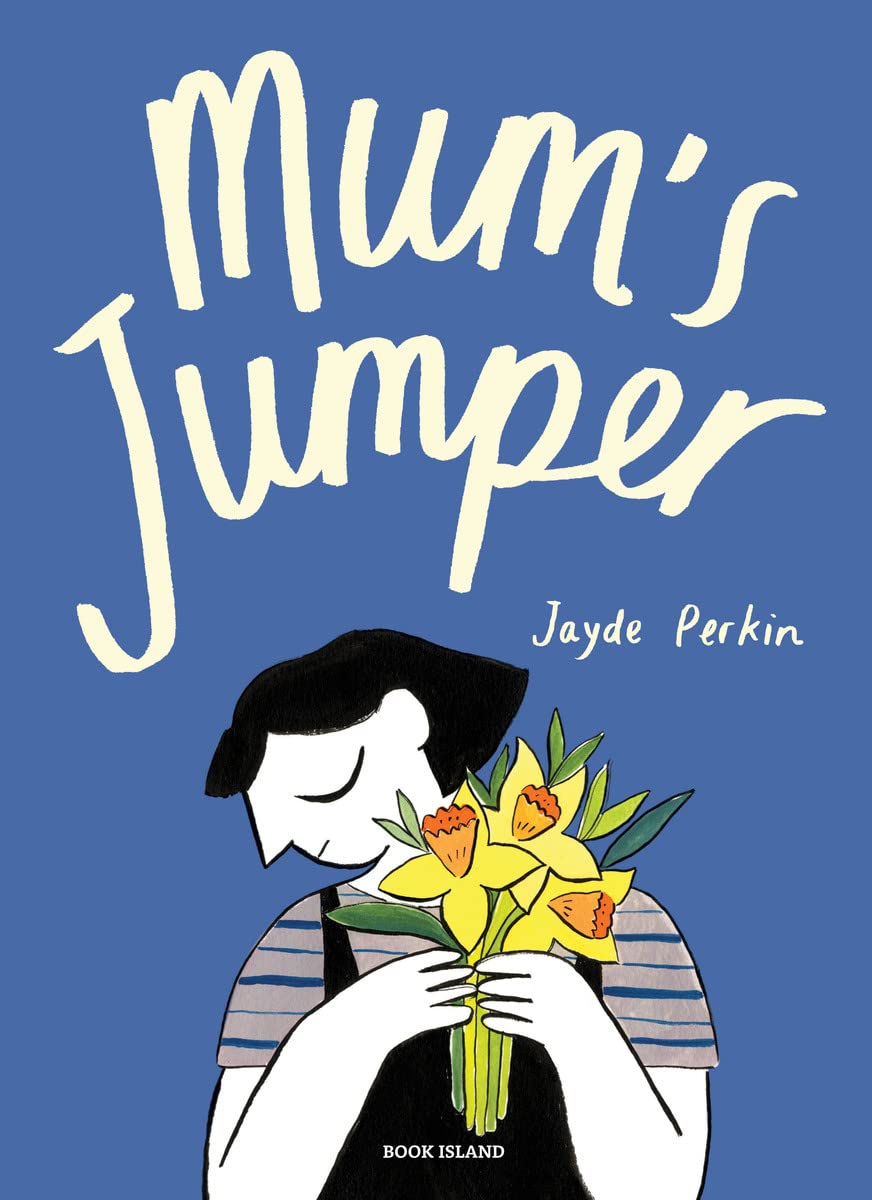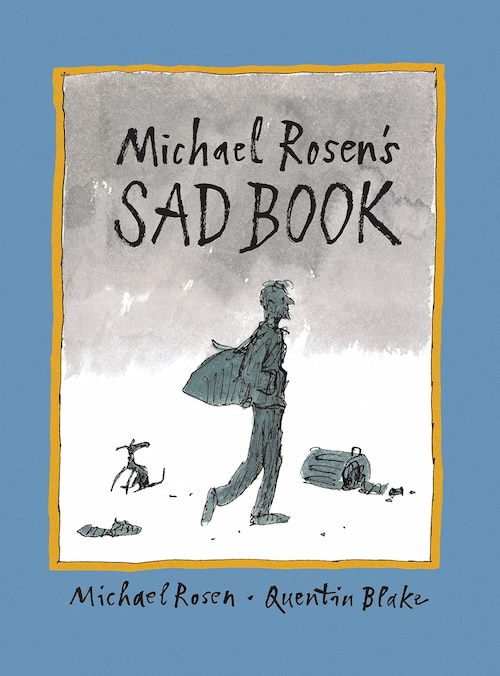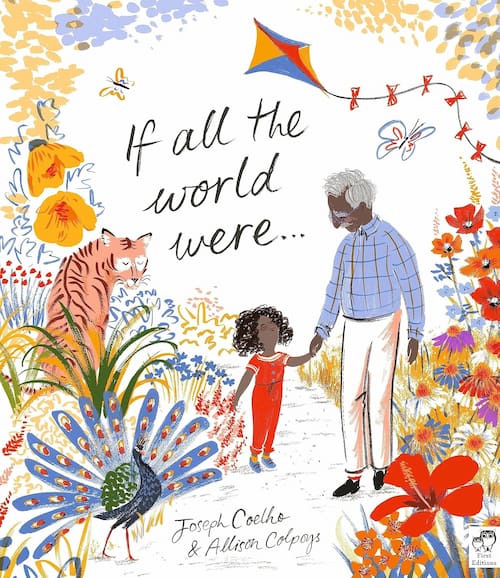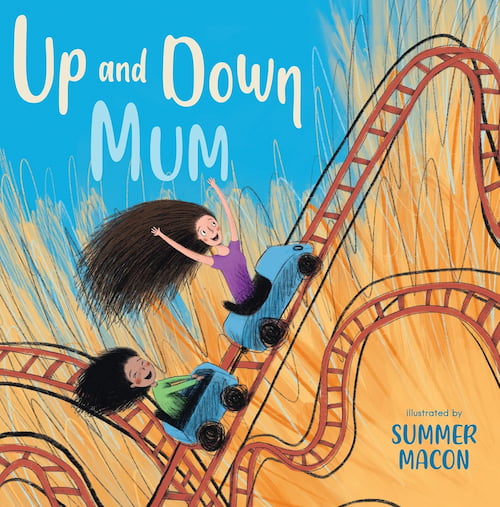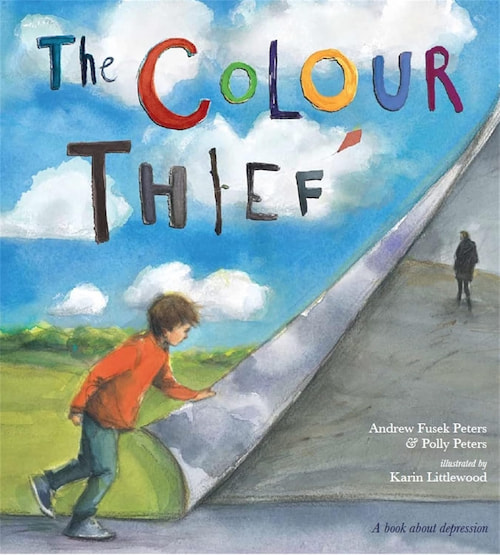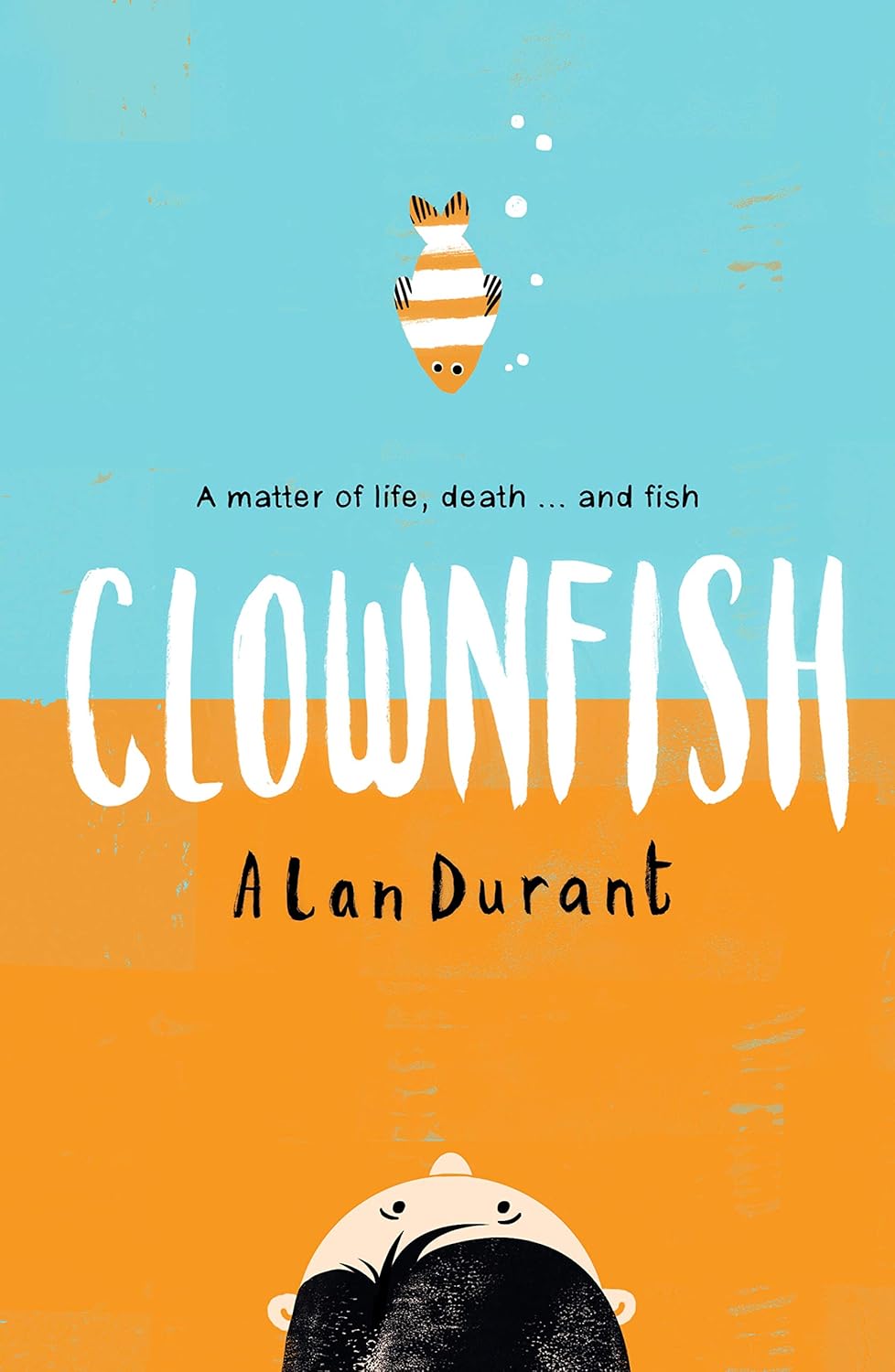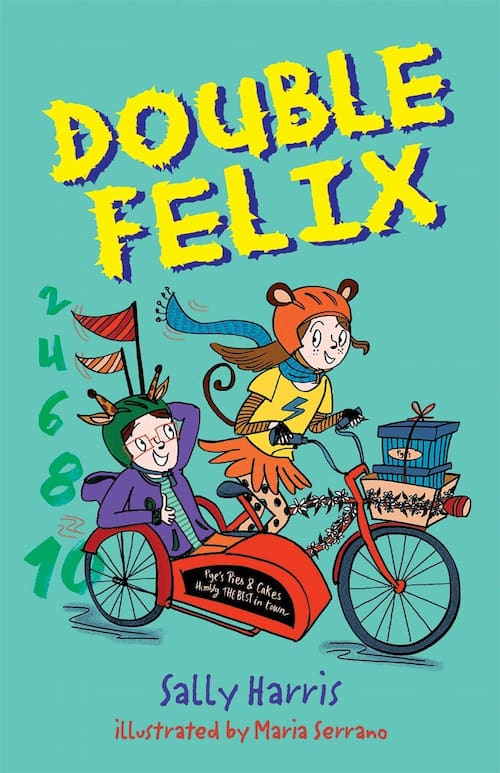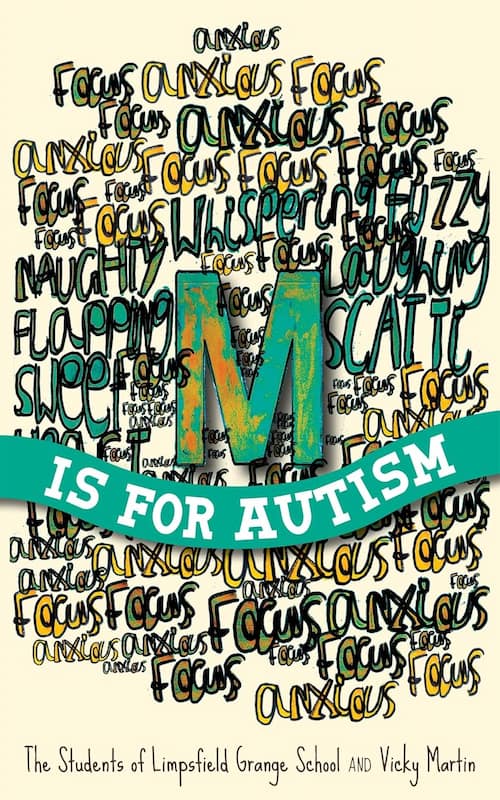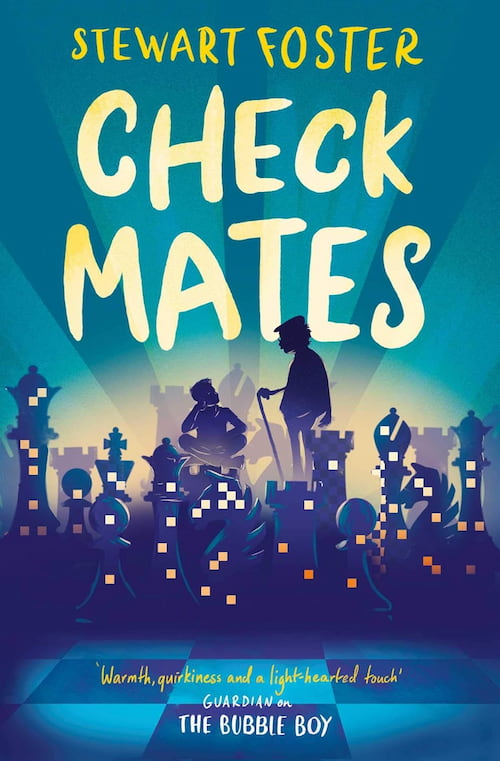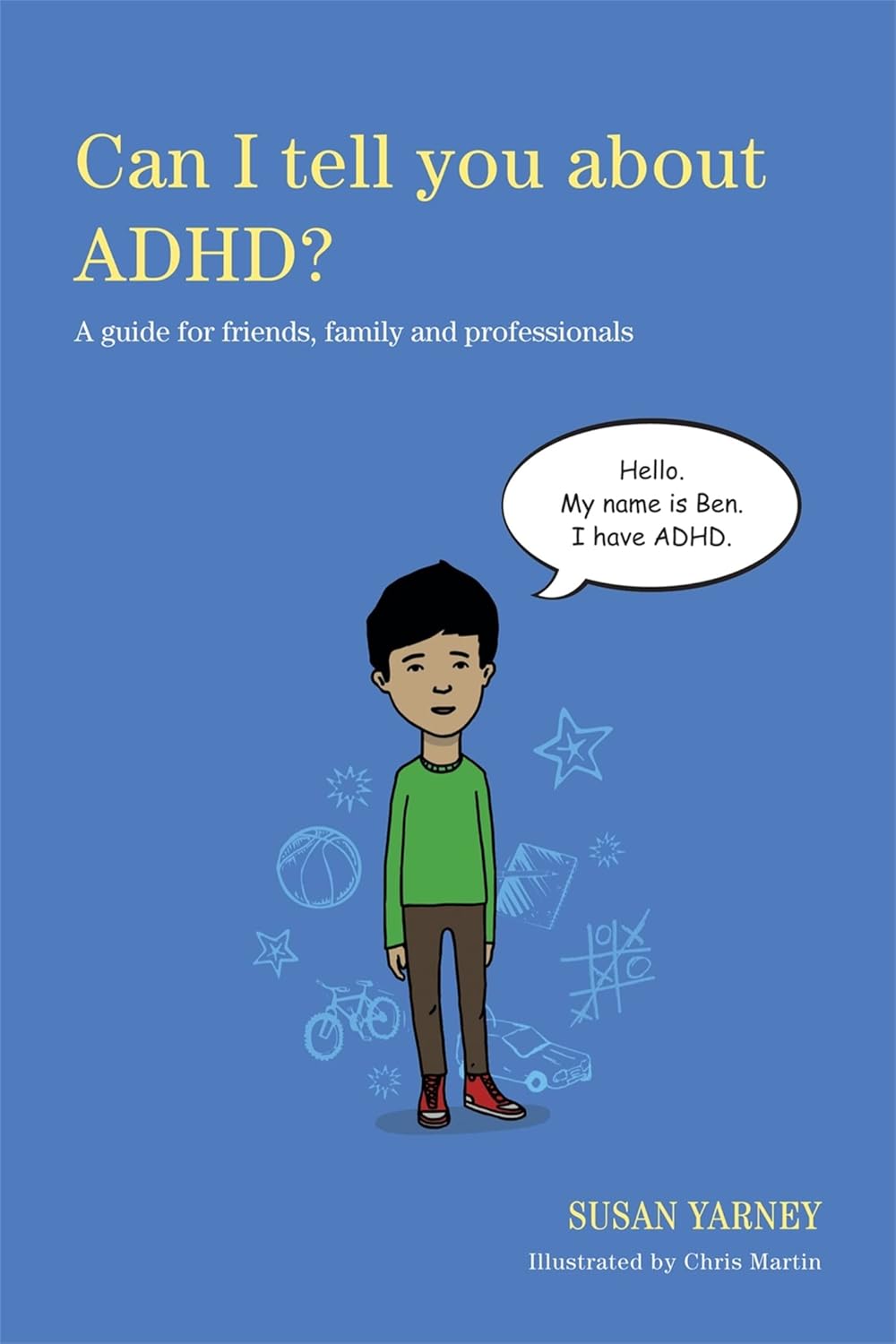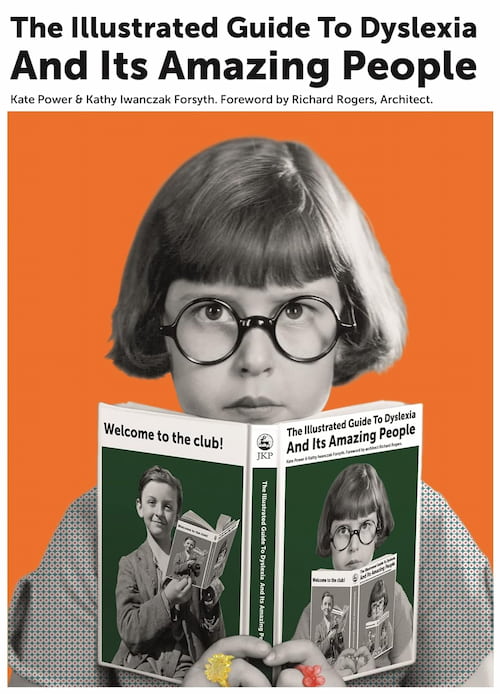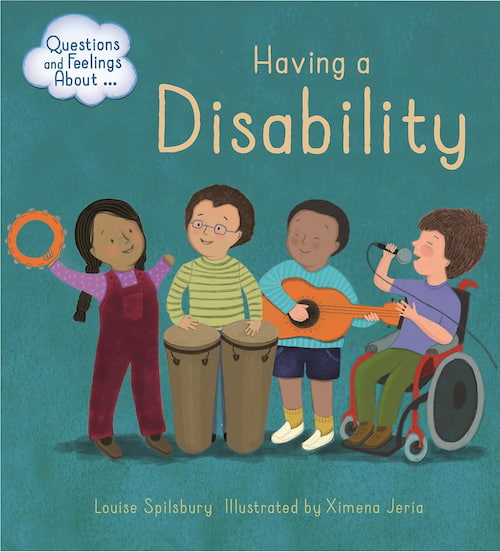Reading Well for children provides quality-assured information, stories and advice to support children’s mental health and wellbeing. Books have been chosen and recommended by leading health professionals and co-produced with children and families.
All these books from The Reading Agency are available to borrow with your library card.
How Not to Lose It: Mental Health Sorted
Anna Williamson
Exam stress? Friendship issues? Panic attacks? How Not to Lose It will help you be the boss of all of this, and more. It’s not just your body that should be fit and healthy – your mind needs to be, too! How Not to Lose It is the go-to guide for achieving a balanced mind and strong emotional well-being. With immediate, heart of the matter advice and a chatty yet honest tone, Anna Williamson addresses all of the key issues affecting children today.
Topics covered: anxiety depression stress friendship bullying relationships and sex family life and bereavement phobias peer pressure self-harm self-esteem and confidence.
Healthy for Life: Self-Esteem and Mental Health
Anna Claybourne
Growing up isn’t always easy – your brain is changing and there’s many things to cope with from new emotions to stress. This book explores what is self-esteem and mental health and why it’s important and looks at topics such as mental illness, phobias, eating disorders and self-harm. It looks at techniques to deal with issues including stress reduction, mindfulness and assertiveness.
What’s Going On Inside My Head?
Molly Potter and Sarah Jennings
We all know that healthy minds are really important but how do we make sure we look after our mental health from a very young age?
By talking about positive self-image, emotional intelligence, relationships and mindfulness, this book will help children develop healthy habits and good coping strategies from the start. Presented in a warm, child-friendly but no-nonsense way it will help establish solid foundations for every child’s current and future wellbeing.
Sometimes I Feel Sad
Tom Alexander
Sometimes I feel sad. Sometimes it’s because I’ve lost something. Or because I’m hurt. Other times I don’t know why I feel sad. I just do. Feeling sad is, unfortunately, a part of everyone’s life, and there’s not always an easy fix. This touching book helps explain to children aged 5+ that they’re not alone in feeling this way, and is especially useful for children who struggle to express their feelings.
Exploring Emotions
Paul Christelis and Elisa Paganelli
Everyone has different feelings about Sports Day at school. Sally feels excited, Mateo feels nervous, Manisha feels angry, Caleb feels sad, and Tom feels relieved. But they all soon discover that emotions are like the weather. Sometimes the weather feels pleasant and sometimes it feels unpleasant. But just like the weather outside, the weather inside will change too. This book on mindfulness for children helps readers build their emotional awareness, enjoy pleasant feelings, and remember that unpleasant ones will pass.
How Are You Feeling Today?
Molly Potter
Feelings visit us all the time. They are a normal part of being human! This is the perfect picture book to help children understand and manage their feelings early on. Offering child-friendly strategies for dealing with feelings, it looks at 12 complex emotions and makes them simple for children. From feeling proud, brave and grateful to frustrated, anxious and lonely, it shows children just what to do when they’re faced with these everyday emotions.
Feeling Angry!
Katie Douglass
This picture book story explores feelings of anger in a light-hearted way using everyday situations that children might be familiar with. This book shows different reasons why young people might become angry, illustrates scenarios of them behaving angrily, and gives advice on how to calm anger in yourself and to be able to help other people.
Worries
Paul Christelis
A gentle, down-to-earth book for addressing the things that can cause children to be anxious and worried. Mindfulness expert Paul Christelis expertly explores everyday situations, helping children to recognise signs of worry and giving them reassurance and simple suggestions on how to cope with any worries.
Me and My Fear
Francesca Sanna
When a young refugee girl has to travel to a new country and start at a new school, she is accompanied by her Fear who tells her to be alone and afraid, growing bigger and bigger every day with questions like ‘how can you hope to make new friends if you don’t understand their language?’ But this little girl is stronger than her Fear.
Ruby’s Worry
Tom Percival
Ruby loves being Ruby. Until, one day, she finds a worry. At first it’s not such a big worry, and that’s alright, but then it starts to grow. It gets bigger and bigger every day and it makes Ruby sad. How can Ruby get rid of her worry and feel like herself again?
Outsmarting Worry: An Older Kid’s Guide to Managing Anxiety
Dawn Huebner
This easy to follow illustrated book presents strategies for 9-13 year olds with anxiety. It teaches them about a specific set of skills that makes it easier to face and overcome worries and fears, and normalises their symptoms providing a set of concrete steps to overcome them. The tried and tested techniques are based on the most up-to-date psychological treatments of anxiety, including CBT and ACT.
Worry Angels
Sita Brahmachari
Amy May knows about webs of worries – so many people she meets are caught in them, from her own artist dad to newly arrived refugee Rima and her family. By being brave enough to open up her worry box, Amy May helps all those around her find a way forward.
Grobblechops
Elizabeth Laird
Amir thinks that a monster will come and eat him up! And maybe the monster will have a mum and dad too! But Dad reassures Amir that if the monster family comes to play, then the parents will have a good old chat whilst Amir makes a new friend.
Dealing With Bullying
Jane Lacey and Venitia Dean
Sometimes you can sort out a problem on your own. But sometimes you need to ask for help. This book helps young children to make this decision and find out about and understand bullying. It features seven case studies from children who have a range of bullying problems from a girl who is being left out by her friends to a boy bullied for the way he speaks. It features both verbal and physical bullying.
#Goldilocks: A Hashtag Cautionary Tale
Jeanne Willis and Tony Ross
Everyone loves Goldilocks’ hilarious online videos, but in her quest to get more likes, more laughs and more hits, she tries something a little more daring: stealing porridge #pipinghot, breaking chairs #fun, and using someone else’s bed #sleep. What will Daddy Bear do when he sees that online? A hilarious cautionary tale for a new generation of internet-users.
Something Bad Happened: A Kid’s Guide to Coping With Events in the News
Dawn Huebner and Kara McHale
Something Bad Happened guides children ages 6 to 12 and the adults who care about them through tough conversations about national and international tragedies. The non-specific term “bad thing” is used throughout, keeping this a flexible tool, and so children are never inadvertently exposed to events their parents have chosen not to share. Fear, sadness and uncertainty about the “bad thing” all are normalized, and immediately usable coping tools provided.
Ella on the Outside
Cath Howe
Ella is the new girl at school. She doesn’t know anyone and she doesn’t have any friends. And she has a terrible secret. Ella can’t believe her luck when Lydia, the most popular girl in school, decides to be her new best friend – but what does Lydia really want? And what does it all have to do with Molly, the quiet, shy girl who won’t talk to anyone?
Planet Omar: Accidental Trouble Magnet
Zanib Mian and Nasaya Mafaridik
My parents decided it would be a good idea to move house and move me to a new school at the same time. As if I didn’t have a hard enough time staying out of trouble at home, now I’ve also got to try and make new friends. What’s worse, the class bully seems to think I’m the perfect target and has made it his mission to send me back to Pakistan. But I’ve never even been to Pakistan! And my cousin told me the pizza there is yuck. The only good thing is that Eid’s just around the corner which means a feast of all my favourite food (yay) and presents (double yay). I’m really hoping I can stay in Mum and Dad’s good books long enough to get loads.
The Boy Who Built a Wall Around HImself
Kara Simpson and Ali Redford
Boy hides behind his wall because he doesn’t trust people and he knows how it feels to be hurt and let down. That is until Someone Kind arrives on the other side of his wall. This picture book is designed to help children who have experienced trauma, loss or neglect to come to terms with their experiences and to build healthy relationships.
Mum’s Jumper
Jayde Perkin
If Mum has gone, how do you carry on? Missing her feels like a dark cloud that follows you around, or like swimming to a shore that never comes any nearer. But memories are like a jumper that you can cuddle and wear. And Mum’s jumper might be a way to keep her close. A simple, heartfelt and ultimately uplifting book for anyone coping with loss.
Michael Rosen’s Sad Book
Michael Rosen
Very occasionally the term non-fiction has to stretch itself to accommodate a book that fits into no category at all. Michael Rosen’s Sad Book is such a book. It chronicles Michael’s grief at the death of his son Eddie from meningitis at the age of 19. A moving combination of sincerity and simplicity, it acknowledges that sadness is not always avoidable or reasonable and perfects the art of making complicated feelings plain
If All the World Were…
Joseph Coelho
A moving, lyrical picture book about a young girl’s love for her granddad and how she copes when he dies, written by poet and playwright Joseph Coelho. This powerful and ultimately uplifting text is the ideal way to introduce children to the concept of death and dying, particularly children who have lost a grandparent.
Accompany a girl and her grandad over spring, summer and autumn. See how he teaches her to imagine, to create, and to enjoy the small things in life, and how, when winter comes, he lives on in her heart.
Up and Down Mum
Summer Macon
Living with Mum is a bit like a roller coaster ride. At times, she is excited and full of energy, but at others, she is tired and withdrawn. But she’s always my mum, and we’re sharing the ride. For children who grow up in the care of a parent who has bipolar disorder, life can be filled with anxiety and uncertainty. With the aid of a clear and simple information spread, this story helps us to understand the causes of bipolar disorder and how we can learn to live with someone who has it.
The Colour Thief: A Family’s Story of Depression
Andrew Fusek Peters
The Colour Thief is a simple, heart-warming tale which helps to open up the conversations around depression and to support young children whose families have been affected.
We follow a young boy who loves spending time with his dad, doing fun things together. When his father becomes sad and distant, he doesn’t understand and believes he has done something to make his dad so, despite being told otherwise. Time passes and his father begins to get happier again and they have fun together like before.
Clownfish
Alan Durant
Dak’s dad has been dead for seven days when suddenly he reappears. He’s the same in almost every way, with one startling exception: Dad has turned into a clownfish, and now lives in a tank at their local aquarium. Dak is delighted by the news – he has Dad back, even if he isn’t quite as he was before. Deciding to keep Dad’s transformation a secret, Dak visits him at the aquarium as often as he can, and ends up spending so much time there that they offer him a job. This is how he comes to meet Violet, the owner’s prickly but kindhearted niece; when the aquarium is threatened with closure, the pair must work together to save it. For Dak, the stakes couldn’t be higher – after all, if the aquarium shuts down, what will happen to the fish?
Double Felix
Sally Harris
He skips every second step when he takes the stairs, taps door handles twice and positions objects in pairs. The problem has become so bad that Felix is on the verge of being expelled from school because the principal has had enough of trying to run the school around his very specific rules. Then Charlie Pye arrives and turns his world upside down. She s grown up with very few rules. She eats cereal for lunch, calls a boat home, and has a very loose interpretation of school uniform. The question is, can Felix ever learn to be wrong when he is so obsessed with being right?
M is for Autism
The Students of Limpsfield Grange School and Vicky Martin
Welcome to M’s world. It’s tipsy-turvy, sweet and sour, and the beast of anxiety lurks outside classrooms ready to pounce. M just wants to be like other teenagers her age who always know what to say and what to do. So why does it feel like she lives on a different plane of existence to everyone else?
Written by the students of Limpsfield Grange, a school for girls with Autism Spectrum Disorder with communication and interaction difficulties, M is for Autism draws on real life experiences to create a heartfelt and humorous novel that captures the highs and lows of being different in a world of normal.
Check Mates
Stewart Foster
Some people think that I’m a problem child, that I’m lazy and never pay attention in lessons. But the thing is, I’m not a problem child at all. I’m just a child with a problem. Felix is struggling at school. His ADHD makes it hard for him to concentrate and his grades are slipping. Everyone keeps telling him to try harder, but no one seems to understand just how hard he finds it. When Mum suggests Felix spends time with his grandfather, Felix can’t think of anything worse. Granddad hasn’t been the same since Grandma died. Plus he’s always trying to teach Felix boring chess. But sometimes the best lessons come in the most unexpected of places, and Granddad soon shows Felix that there’s everything to play for.
Can I Tell You About ADHD? A Guide for Friends, Families and Professionals
Susan Yarney
Meet Ben – a young boy with ADHD. Ben invites readers to learn about ADHD from his perspective. He helps children understand what it means to have ADHD and describes what it is and how it feels. Ben explains how he was diagnosed and what he has learnt about ways to manage his ADHD symptoms, and how friends and adults can help at home and school.
Autism
Louise Spilsbury
This book explores the many aspects of Autism in a child-friendly way. It is part of a hands-on series of picture books designed to help children with their questions and feelings about tricky topics that can be hard to talk about. This book offers practical help, tips and advice an well as exploring everyday situations, supported by, exquisite and approachable illustrations to give a comforting story book feel, particularly suited to 5-7 year olds, but with scope to appeal to both younger and older children.
The Illustrated Guide to Dyslexia and Its Amazing People
Kate Power
Dyslexia comes to life with visual imagery and colourful text in this new book on what dyslexia means, how it feels, what to do about it, and how to learn to embrace it. There are advantages to being dyslexic, including an aptitude for design literacy and innovative thinking, although these can be obscured by its challenges. By showing what dyslexia is and asking the reader how it applies to them, this book offers a fun and engaging means of working out how dyslexia affects the individual specifically, with a multitude of learning tools and tips, and a gallery of inspirational dyslexics who have used their particular skills to do something amazing with their lives.
Borrow The Illustrated Guide to Dyslexia and Its Amazing People→
Having a Disability
Louise Spilsbury
How do you help a young child deal with disability or explain what that means? This hands on picture book is designed to help children with their questions and feelings about tricky topics that can be hard to talk about. The exquisite and approachable illustrations to give a comforting story book feel. A perfect aid to help children open up and explore how they feel and steps they can take to help them cope.

